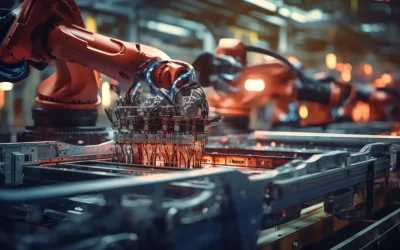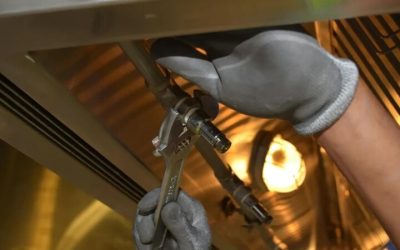PVC or polyvinyl chloride is a popular material in a range of different applications. It is used in the production of pipes, valves, and fittings as well as in components used in water, processing and production systems in many different industries.
PVC is considered to have excellent levels of chemical resistance, which makes it a top choice for many chemical processes. It is resistant to organic solutions, salts, alkali solutions, and acids, and it is also a lower-cost material in the manufacturing of all types of parts, components, pipes, fittings, and valves.
All of these factors make the PVC ball valve a good choice for any system that utilizes PVC pipe, tubing, and components. In addition, as a thermoplastic, PVC is a durable, strong material that is impact resistant and can stand up to low to high-pressure applications.
The Uses
A PVC ball valve is an important choice when there is a need to restrict flow quickly through a given part of a system. These are not designed to regulate the flow with accuracy, but rather as an on or off type of valve.
They are a quarter turn valve to position the hole drilled through the ball into the fully open or fully closed position. While they can be used to generally regulate the flow, there is limited accuracy, and this is not the correct use of this type of valve. This becomes particularly apparent when fine control is required in different applications.
The choice of a PVC ball valve offers a low cost, easy to install and maintenance free type of valve for a range of different applications. These valves can be easily changed out as needed, although replacement of these valves is rarely required with normal parameters maintained in the system.


